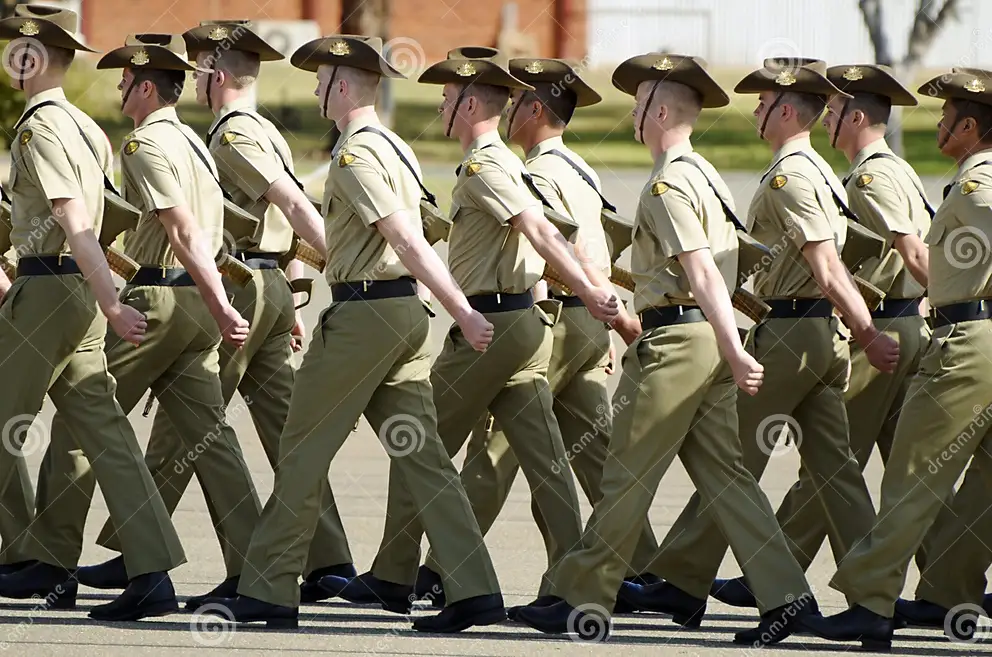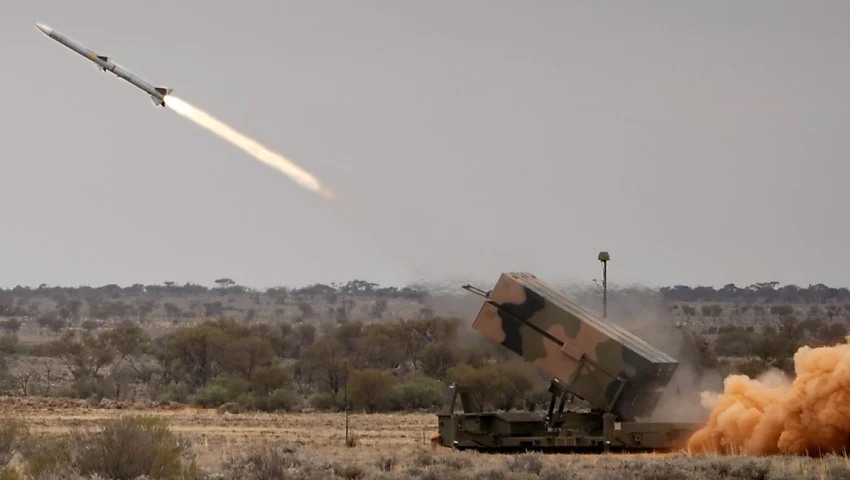ED: This article was in my inbox this morning, apparently it was posted on Facebook.
When we went back to the Battalion in 2015, it really struck me how the diggers’ perception of the unit was vastly different from ours.
The Army wasn’t just our job; it was our life.
The Battalion wasn’t just our unit; it was our home. The Company was our family, and the Platoon were like siblings you learned to live with every minute of every day.
The Battalion was our home. We knew every part of it. We either ran or marched across pretty much every inch of the unit—an area 500m x 400m housing 800 men at full strength.
Within 12 months of marching into the unit, you were pretty much known by everyone. There were no secrets.
Every unit had its own Other Ranks Mess (ORs Mess), where the soldiers and NCOs ate. The ORs Mess fed all personnel living in: breakfast, lunch, and dinner. In the early ’80s, the unit normally had 250–400 personnel living in the lines and eating at the Mess. Married soldiers lived in Married Quarters, and after 18 months, soldiers could be approved to live off base. Soldiers living out didn’t pay Rations and Quarters (R&Q) for their meals and accommodation, nor did married personnel. That meant they weren’t entitled to meals unless it was a range day or an exercise.
Of course, that didn’t stop those bastards from trying to sneak past the duty staff for a free feed.
In 2015, many of the guys from the ’80s went back to the Battalion for the 70th Birthday on 12 Oct 2015. What stood out after a decade of operational tempo was the change in the Unit.
Diggers no longer lived in Unit lines. If they lived in, which most did for 18 months, they stayed in Brigade Area Accommodation in single rooms. After 18 months, they received a Rental Allowance to move out and find a flat or house, alone or with other personnel. There were no Platoon lines as we knew them. Sections and platoons no longer lived on the same floor in the same barracks.
Now, let me be clear—this is not a conversation that starts with “In My Day.” This is an observation about one of the strengths of a unit in the 1980s.
We lived together as one extended, outcast family.
We slept in our lines.
We ate at the Mess.
We watched bands at the Boozer.
We watched Rugby Test Matches at the Boozer.
We watched movies at the Area Theatre or in a digger’s Jack Room.
We went for runs together after hours or hit the Gym to play squash or box. We played sports after hours on the unit sports fields or company parade grounds.
And if we went for a haircut or meal in town, we did it with a mate and caught up afterward with guys from our platoon, company, or battalion.
We had mates in other units from training or sport, but we were always 1 RAR diggers first. 1 RAR was our home and our family.
Our memories of service life are intertwined with the memories of mates and the experiences we shared while living on base. For soldiers who were never deployed, those memories are our strongest reminders of service life.
A somewhat disjointed family, sure but a family, nonetheless.
ED: Reflecting on Today: If we could go back to those days of shared living and close bonds, perhaps we might see fewer of the struggles’ soldiers face today, including the devastating toll of suicides. When your unit is your home, your company is your family, and your platoon is your brotherhood, the sense of belonging and purpose can anchor you through life’s toughest storms.










